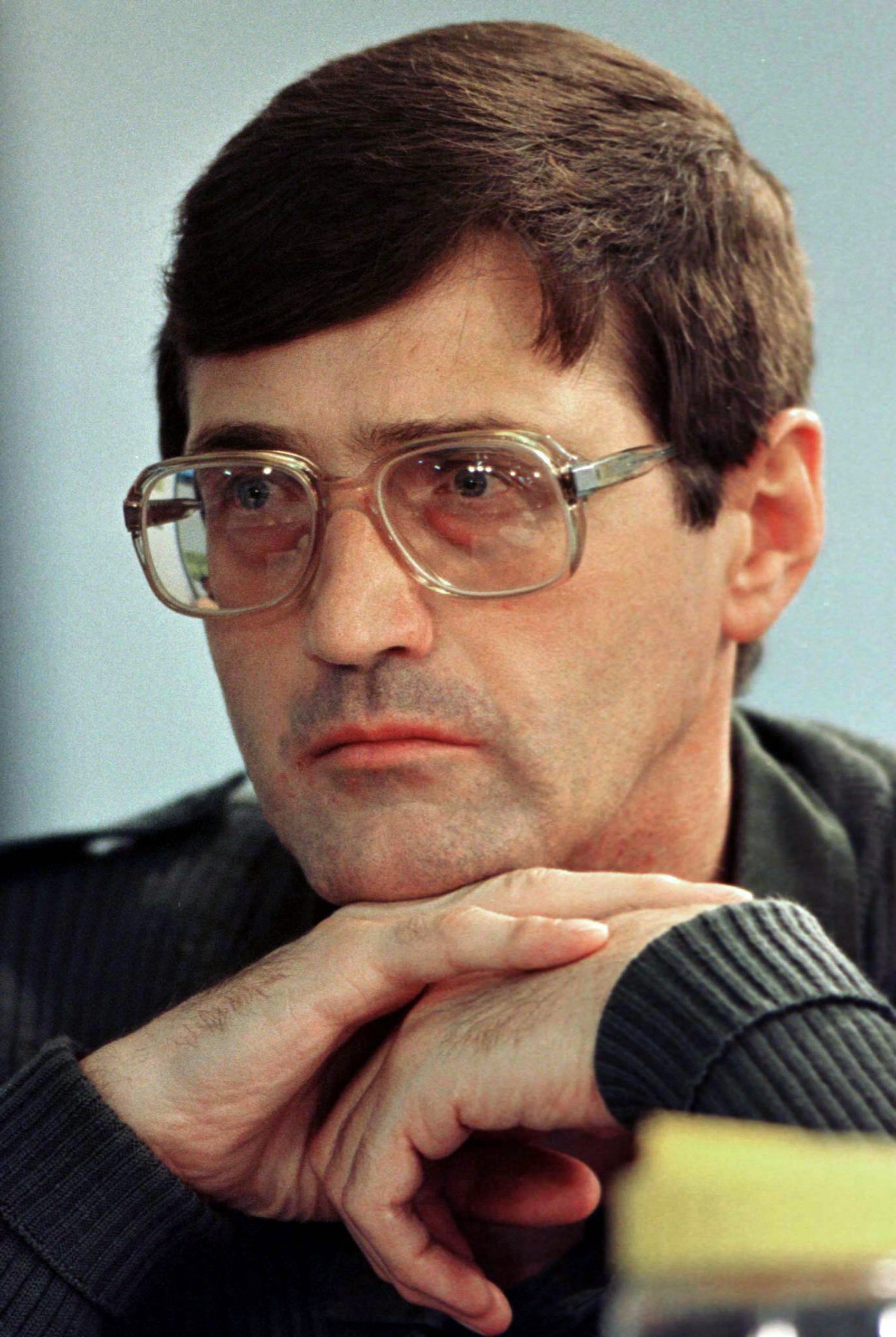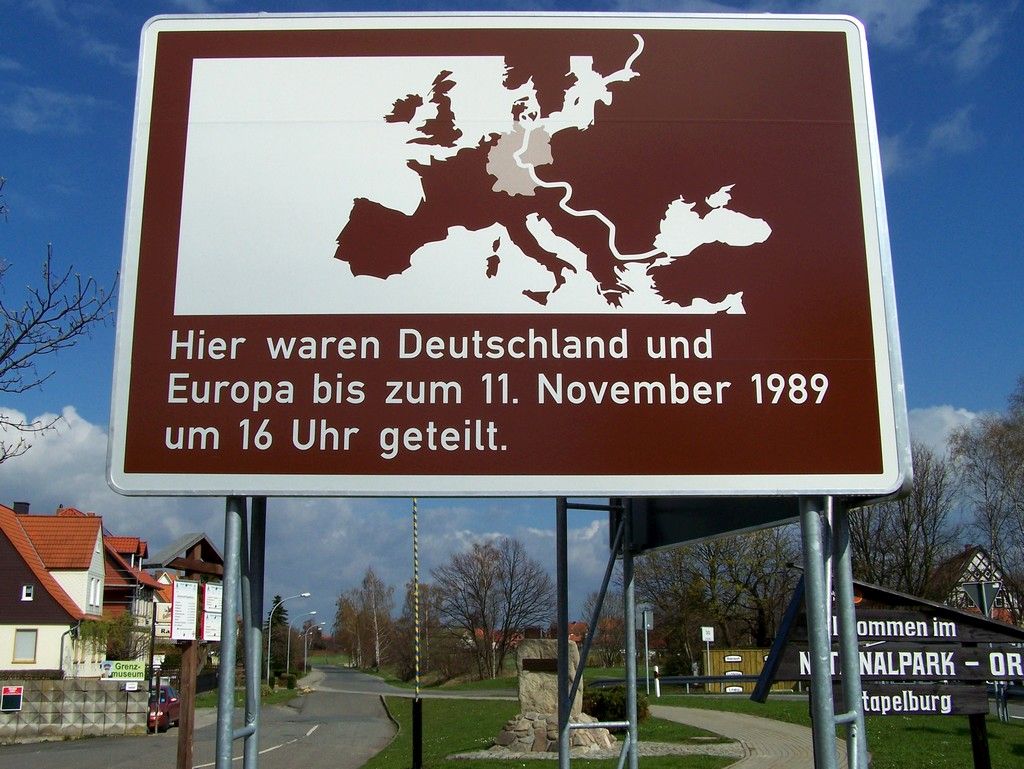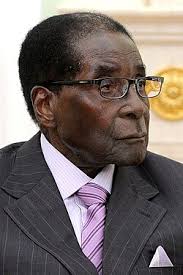Introduction: The Importance of Discussing Eugene de Kock
Eugene de Kock, a former colonel in the South African Police, remains a polarizing figure in the country’s history. Known as ‘Prime Evil’, his actions during the apartheid era sparked intense debate about human rights, justice, and accountability in a transitioning nation. With the ongoing conversations surrounding the legacy of apartheid and the quest for reconciliation, understanding De Kock’s role is crucial for meaningful discussions about South Africa’s past and future.
The Role of Eugene de Kock
During the 1980s, Eugene de Kock served as the head of Vlakplaas, an elite counter-insurgency unit of the SAP, responsible for covert operations against anti-apartheid activists. Under his command, Vlakplaas was involved in numerous violent acts, including kidnappings and assassinations, aimed at quelling dissent. De Kock’s actions represented not only the brutality of the apartheid regime but also the moral complexities faced by individuals within the security forces at that time.
Trial and Conviction
In 1997, after the end of apartheid, De Kock was tried for his role in various human rights abuses. He was convicted in 1999 for murder, conspiracy to commit murder, and several other charges, ultimately receiving a 212-year prison sentence. De Kock’s trial was significant as it highlighted the failures and atrocities of the apartheid system and was seen as a step towards justice for many victims and their families. His sentencing sparked further debates around the effectiveness of the Truth and Reconciliation Commission and the justice system’s ability to deal with past atrocities.
Recent Developments
After serving nearly 20 years in prison, De Kock was granted parole in 2015. Since then, his public appearances and interviews have reignited discussions about his past and the ongoing effects of apartheid on South African society. Debates have emerged regarding whether he should be seen as a soldier following orders or as a criminal responsible for heinous acts. Such discussions continue to divide public opinion, with some viewing him as a significant part of the apartheid machinery and others arguing for a more nuanced perspective.
Conclusion: The Significance of Eugene de Kock’s Legacy
The legacy of Eugene de Kock remains a critical piece of South Africa’s historical narrative. As the nation grapples with the complexities of reconciliation, justice, and memory, figures like De Kock serve as focal points for broader societal discussions about forgiveness, accountability, and the need for healing. For readers, engaging with this aspect of South African history not only offers insight into past injustices but also serves as a reminder of the importance of addressing historical wrongs in the pursuit of a more equitable future.


